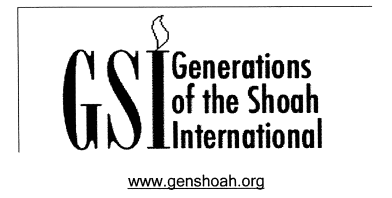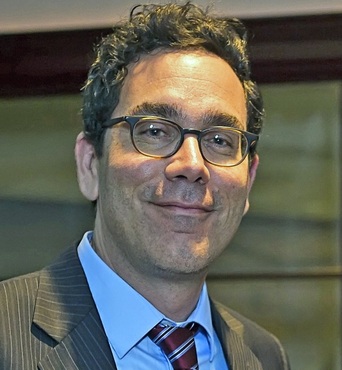The election of Donald Trump in November 2016 coincided with the 78th anniversary of Nazi Germany’s state-sponsored anti-Jewish riots known as Kristallnacht. On that occasion, we titled our newsletter: Infamous Past, Disturbing Present. The shocking ascendancy in a post-Holocaust world of a movement rooted in the United States, mainly powered by toxic rhetorical brawling and sheltering authoritarian and anti-democratic impulses, was destined to be a ruinous affair. The ransacking and rioting at the nation’s capital by those courted and enthralled by this cult of personality is deeply despairing.
In 2016 we looked carefully at the facts and summarized our concerns about the potential direction of unrestrained incendiary speech and actions. Five years later, despite Trump not being elected President, or maybe precisely because of that, we have now reached the precipice.



